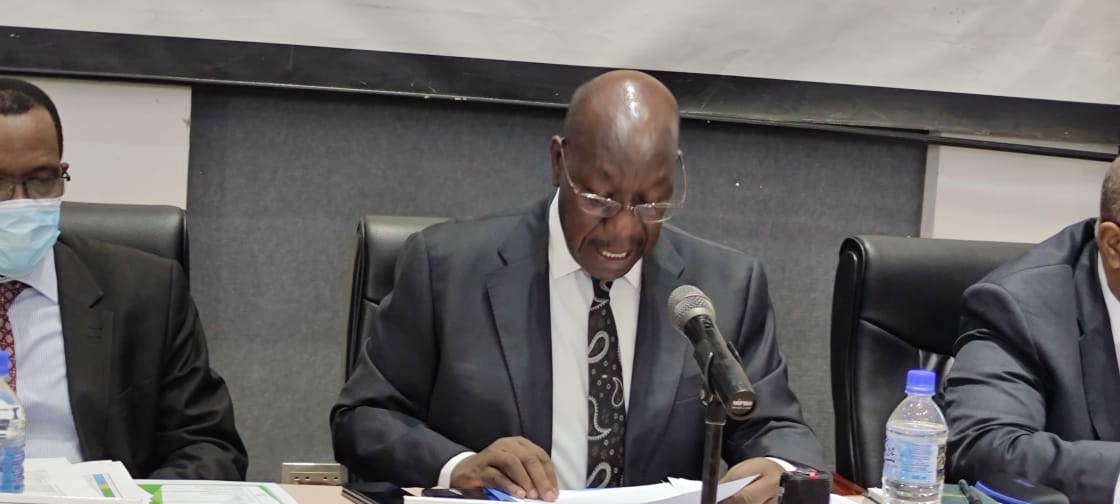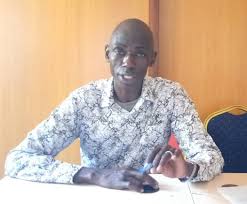
By Ruot George and Simon Deng
The three-year peace pact in South Sudan is entering its critical phase with barely a year to the set timeframe.
The implementation of the peace deal aimed at ushering the country into peace and security dividends but delays in accomplishing tasks in the deal have characterized the slow pace of its implementation.
A critical aspect of the pact is the unification of the forces, including former rebels and government army, a pre-transitional plan which has not yet taken place.
President Salva Kiir and First Vice President Dr Riek Machar agreed to form the transitional government and lead the country to democratic elections by 2023.
Opposition groups still linger in cantonment sites where sometimes clashes with government allied forces still occur, some are abandoning the sites over lack of services and hunger.
“The leaders themselves are not trying to help the situation and they have shown they have no confidence in each other,” Abraham Kuol Nyuon, a professor for Political Science at the University of Juba told Juba Echo by phone.
“The next one year is very critical here and they should take concrete decisions, sit in the Council of Ministers together and come up with collective decisions that take the country to peace and security,” Nyuon said.
He urged President Kiir and Machar to come out publicly to portray their unity friendship aimed at correcting the problems bedeviling the country.
“The Presidency should have toured the country to show they are at peace but how they are behaving now, the country is not yet seen as united,” Nyuon said.
The international community and the region are also concerned and have been calling on President Kiir and Machar to ensure they move the peace implementation forward, especially in the graduation and unification of forces.
“In regards to the transitional security arrangements and in particular, the screening, training and redeployment of the necessary unified forces for phase one, it is disappointing that the progress remains slow,” Charles Tai Gituai, the chairperson for the Reconstituted Joint Monitoring and Evaluation Commission, told reporters in Juba at a meeting on the peace process.
The process of disarmament, demobilization and reintegration of forces remain without the necessary support and funds from the government, Gituai said.
“The DDR process is integral to the successful implementation of the transitional security arrangements and I urge RTGONU to ensure that DDR commission, an essential component of the transitional security arrangements, receive s all the support its needs as a matter of urgency,” he said.
Partners from the international community are also concerned.
“Unifying the country’s armed forces and its’ command structure, drafting and ratifying a new permanent constitution, determining the electoral constituencies, completing voter registry, and addressing the millions of displaced South Sudanese living in neighboring countries” all remain wanting from the government, Marcello DiFranco, the Charge’ d’ affaires of the Canadian Embassy in Juba said.
The international community and friends of South Sudan “stand by and are ready to assist but we cannot desire more than the officials and the people of South Sudan,” DiFranco said.
“We therefore call upon the government of South Sudan to seize the initiative and demonstrate the requisite political will to ensure political transition is concluded in a successful and timely manner.”











